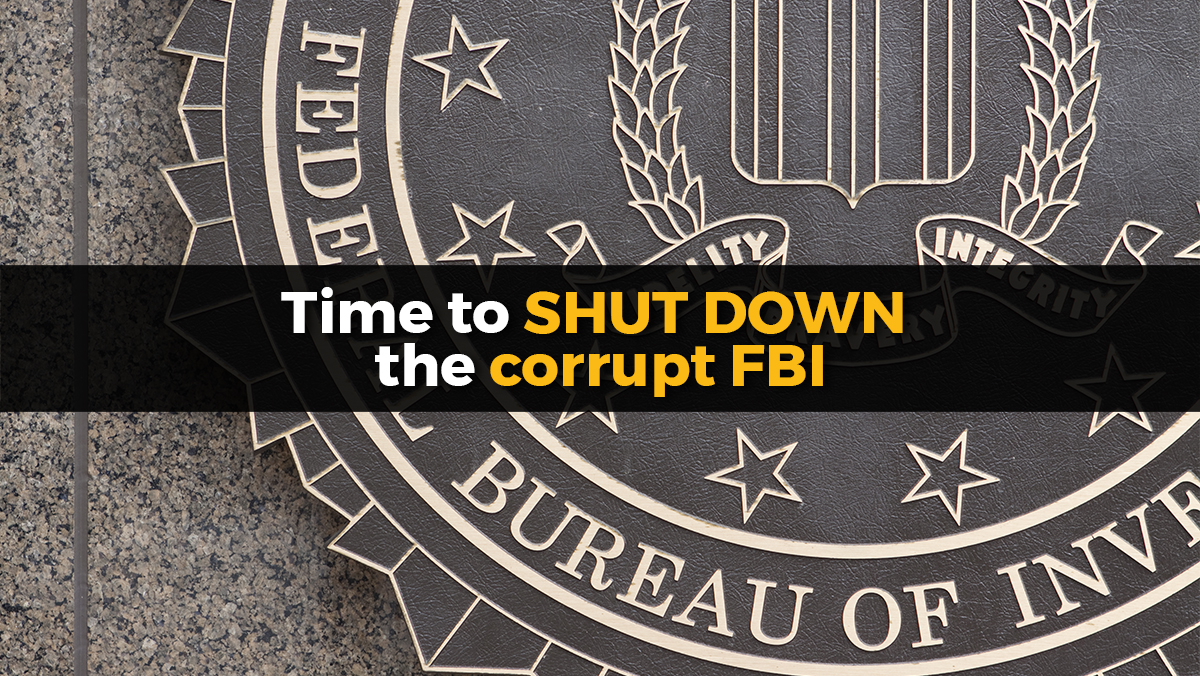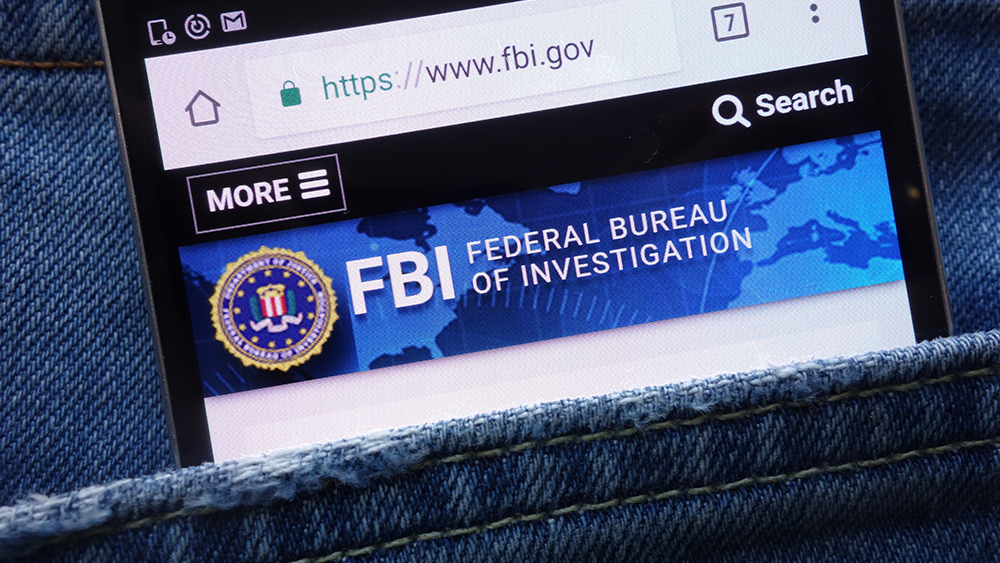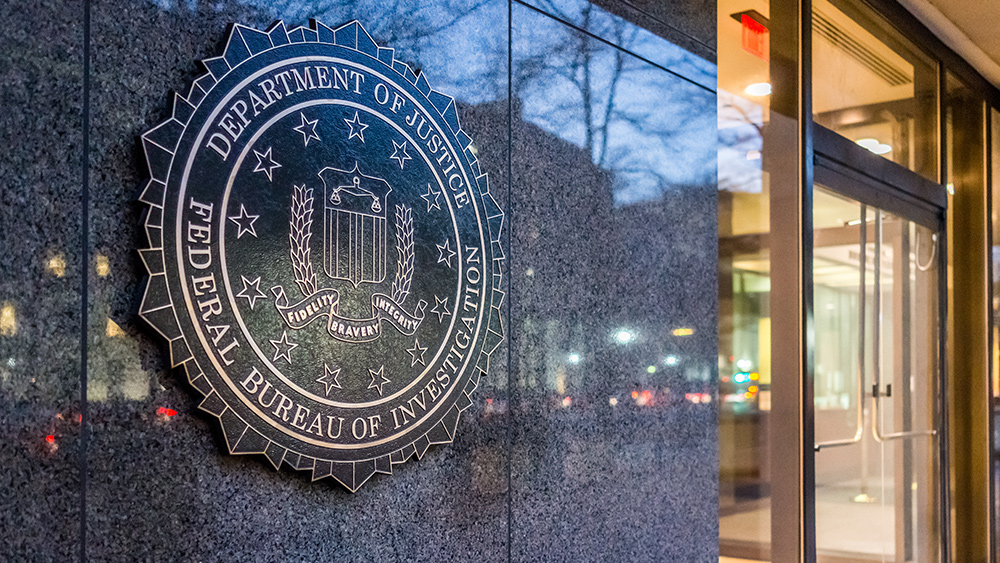
We were hoping that President Donald Trump’s promise to “drain the swamp” would involve the firing (or indictment and conviction) of rogue members of the deep state who couldn’t care less about the Constitution and run their agencies like their own unaccountable fiefdoms.
So far, the president has managed to cut back on a lot of regulations and reign in otherwise benign agencies from implementing willy-nilly all sorts of onerous new regulations that cost businesses and consumers lots of money but don’t really accomplish much other than to make government bigger.
But the real deep state power lies in the intelligence and law enforcement agencies, and they continue to run roughshod over statutory law and our basic rights as Americans.
As reported by CPO Magazine, that includes the FBI — yes, the same one Barack Obama politicized and James Comey ran:
According to a new declassified ruling from the U.S. Foreign Intelligence Surveillance Court (FISC), FBI personnel systematically abused National Security Agency (NSA) mass surveillance data in both 2017 and 2018. The 138-page ruling, which dates back to October 2018, was only unsealed 12 months later in October 2019. It offers a rare look at how the Federal Bureau of Investigation (FBI) has been abusing the constitutional privacy rights of U.S. citizens with alarming regularity. The court ruling is also a stinging rebuke to the FBI’s overreach of its ability to search surveillance intelligence databases.
This could be the FISA court’s ‘revenge,’ so to speak, for being taken advantage of by the Comey-run FBI in which judges on the court were allegedly intentionally mislead by FBI agents seeking surveillance warrants for 2016 Trump campaign officials — over bogus “Russian collusion” charges.
CPO Magazine noted the key elements of the FISA court ruling:
— Judges found that FBI employees improperly searched data that had been collected under Section 702 of the Foreign Intelligence Surveillance Act (FISA).
— Those abuses amounted to accessing NSA surveillance data so FBI analysts and employees could examine the online communications of Americans, to include family members and fellow FBI employees.
— In all, the FISA court suspects there were thousands of improper queries made, which were done without any reasonable suspicion or expectation of a crime or risk to national security.
— The improper searches also did not delineate between foreign intelligence targets and U.S. citizens.
If we can’t trust our intelligence community we are in serious trouble
The FISA court itself operates in secret; it must because it operates as part of the intelligence community and examines secret evidence in making a determination as to whether or not to grant federal agents surveillance warrants.
But the court most often hears cases regarding foreign surveillance targets — not Americans, which isn’t unheard of, just rare. What makes this ruling all the more significant is the fact that the court came down on a federal agency — even more rare.
“Simply put,” CPO Magazine noted, “the data was available to search, and the FBI willingly took advantage of every opportunity to query the NSA database. For example, FBI employees routinely used mass surveillance data to investigate potential witnesses and informants.”
In 2017, the FBI conducted more than 3.1 million searches of that surveillance data compared to a paltry 7,500 searches combined by the NSA and CIA. That’s really problematic, officials note, because the surveillance data is only supposed to be accessed and searched if there is a reasonable suspicion of crimes underway or a clear national security risk.
There is also this. Americans have to be able to trust government officials in the FBI, CIA, and NSA because nearly all of their work is conducted in secret, with only moderate congressional oversight.
The FISA court got burned by James Comey’s FBI — obviously more than once, and who knows for how many years.
Sources include:
Please contact us for more information.





















